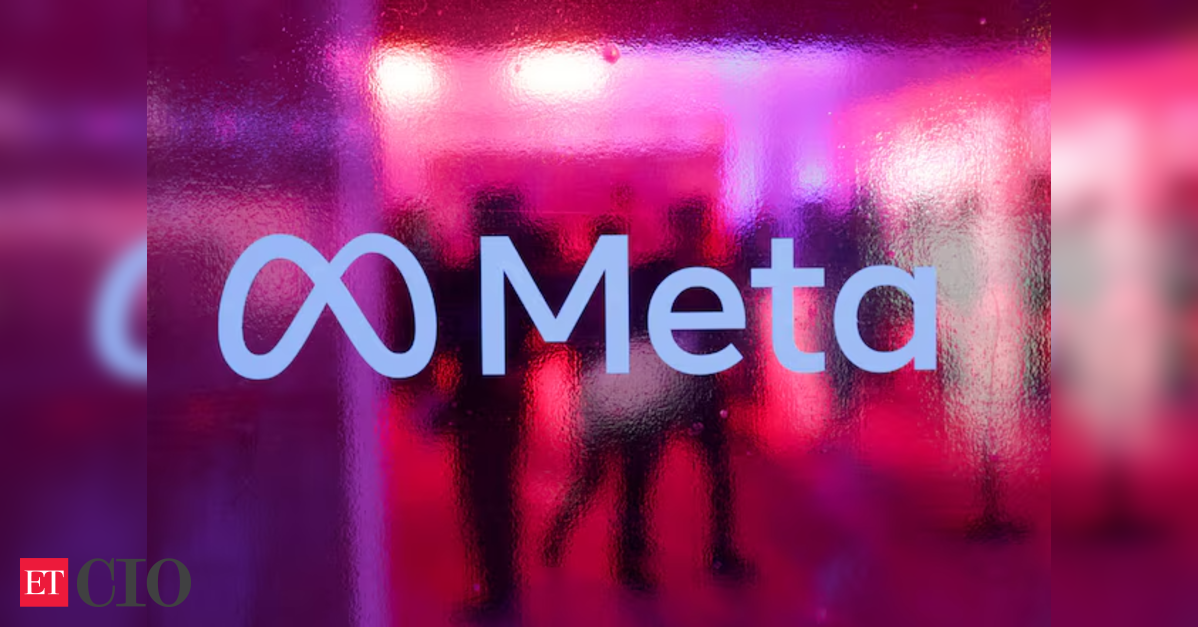Meta's AI Talent Exodus Intensifies: High-Profile Engineers Flee After Months

Meta's ambitious Superintelligence Labs (MSL) has recently experienced a notable exodus of key AI talent, with at least three employees departing less than a month after being hired for reportedly extravagant pay packages during Mark Zuckerberg's aggressive AI hiring blitz. This development highlights the intense competition for top-tier artificial intelligence expertise among tech giants.
Among those who have left are Rishabh Agarwal, Avi Verma, and Ethan Knight. Verma and Knight have notably returned to Sam Altman-led OpenAI, indicating a dynamic and fluid talent market. Rishabh Agarwal announced his decision on social media platform X, describing it as a “tough decision” but feeling a “pull to take on a different kind of risk.” Meta spokesperson Dave Arnold commented on these departures, stating that such moves are “normal” during an “intense recruiting process,” where some individuals ultimately decide to remain in their current roles.
Prior to these departures, MSL had successfully onboarded approximately 50 staff, many of whom were reportedly poached from rival companies such as Apple, Anthropic, xAI, Google, and OpenAI, with some packages rumored to reach up to $100 million. However, the Wall Street Journal reported on August 20 that Meta had subsequently implemented a hiring freeze for its AI division. A Meta spokesperson clarified that this freeze was for “basic organizational planning,” aimed at creating a solid structure for new superintelligence efforts after initial onboarding and during yearly budgeting.
The poaching efforts by Meta had not gone unnoticed by competitors. Sam Altman, CEO of OpenAI, reportedly expressed his disapproval in an internal memo to staff, calling Meta's tactics “distasteful” and noting the numerous attempts to recruit OpenAI's Chief Scientist. Mark Zuckerberg, while refuting reports of “$100-200 million” pay packages for the MSL team as “inaccurate,” acknowledged the “hot market” for AI talent. He justified the significant investment in recruiting top individuals by explaining that AI development does not require a “massive team,” but rather “the smallest group of people who can fit the whole thing in their head,” creating an “absolute premium for the best and most talented people.” He further added that the recruitment costs, from this perspective, are “quite small compared to the overall investment” in superintelligence.
Rishabh Agarwal's departure, in particular, has garnered significant attention. Hired by Zuckerberg just a few months prior for a reported $1 million salary, Agarwal was among several Google DeepMind employees recruited by Meta. After five months at Meta Superintelligence Labs, during which he and his team “did push the frontier on post-training for 'thinking' models,” Agarwal announced his exit, citing a desire to pursue a “different kind of risk” after 7.5 years across Google Brain, DeepMind, and Meta. He stated that he chose to follow Zuckerberg's own advice: “In a world that’s changing so fast, the biggest risk you can take is not taking any risk.”
Agarwal is a distinguished Indian AI researcher, an IIT Bombay graduate in Computer Science and Engineering, who pursued a PhD in Artificial Intelligence at Mila – Quebec Artificial Intelligence Institute. His career path includes research internships at Saavn and Tower Research Capital, followed by a tenure as a Senior Research Scientist at Google Brain from June 2018 to 2023, focusing on deep reinforcement learning (Deep RL). He then joined Google DeepMind, working for two years on large language models (LLMs) using reinforcement learning, self-improvement, and distillation, before moving to Meta Superintelligence Labs in April. Agarwal also serves as an Adjunct Professor at McGill University.
You may also like...
The Forgotten Isles of the Red Sea: Eritrea’s Dahlak Archipelago

To call the Dahlak Archipelago a point of contention is an understatement. From international interest in its strategic ...
From Etisalat to 9mobile to T2: The Rise, Retreat, and Reinvention of Nigeria’s Fourth Operator

From a meteoric rise to a challenging retreat, Etisalat Nigeria’s evolution into T2 tells a story of resilience, wins, a...
Boxing Blockbuster: Jake Paul and Gervonta Davis Set for November Showdown

In a surprising announcement, Jake Paul is set to face WBA lightweight champion Gervonta "Tank" Davis in an exhibition b...
Carabao Cup Shocker: Grimsby Stuns Man Utd in Penalty Thriller

Manchester United suffered a shocking Carabao Cup exit after losing 12-11 on penalties to League Two side Grimsby Town. ...
Venice Stunner: Paolo Sorrentino's 'La Grazia' Captivates Critics with Record-Breaking Ovation!

Paolo Sorrentino's new film “La Grazia” opened the Venice Film Festival to critical acclaim, presenting a nuanced portra...
The Hunt for 007: Frontrunners Out, Legends Back, New Details Emerge in Bond Saga!

The search for the next James Bond intensifies as actors like Taron Egerton and Glen Powell rule themselves out, while M...
Reading and Leeds Festival Plunged Into Chaos by Secret Set Leaks and Star's Last-Minute Snub

Reading and Leeds Festival 2025 is buzzing with fan speculation about secret sets from The Foo Fighters and Chase & Stat...
Naira Marley Breaks Silence on Mohbad's Death Amid Mounting Controversy

Musician Naira Marley has publicly addressed the controversial death of his former signee, Mohbad, sharing his side of t...


